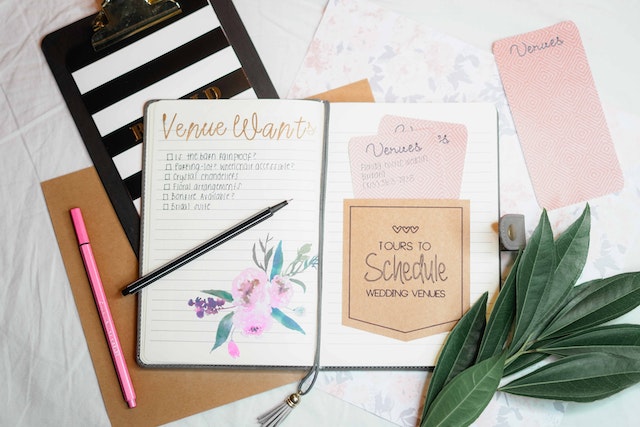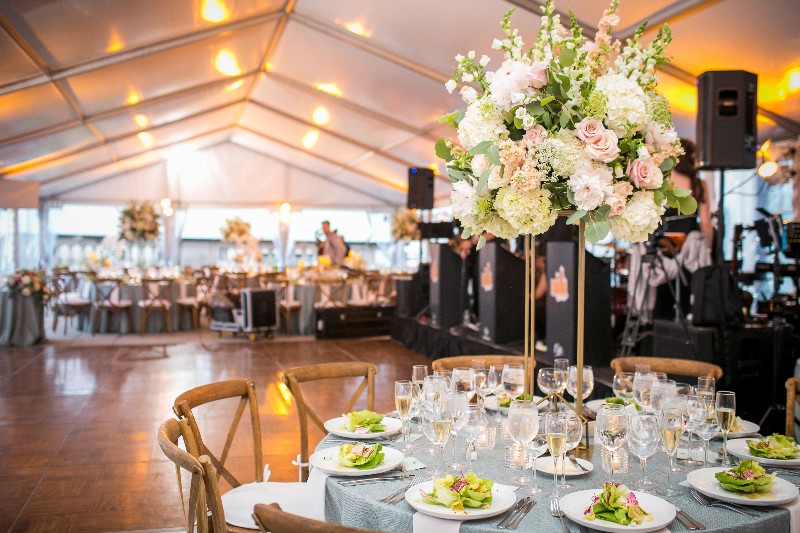Planning an event can be a daunting task, requiring meticulous attention to detail, organizational skills, and creativity. Hiring a professional event planner can alleviate the stress and ensure a successful outcome.
However, choosing the right event planner for your project is crucial. In this blog post, Elite Creative Design provides you with a comprehensive guide on how to choose an event planner who will bring your vision to life and create an unforgettable experience.
1. Define Your Event Goals and Requirements:
Before starting your search for an event planner, it’s essential to define your event goals, objectives, and requirements. Consider the type of event you are planning, the target audience, the desired theme or concept, and any specific logistics or budget constraints. Having a clear vision will help you communicate your expectations effectively and find an event planner who can deliver accordingly.
2. Research and Gather Recommendations:
Start your search by researching event planners in your area or within your industry. Check their websites, portfolios, and social media presence to get a sense of their style, expertise, and previous work. Additionally, seek recommendations from friends, colleagues, or other professionals who have organized successful events. Word-of-mouth referrals can provide valuable insights and help you narrow down your options.
3. Assess Experience and Expertise:
When choosing an event planner, experience and expertise are key factors to consider. Look for planners who have a proven track record of organizing events similar to yours in terms of scale, complexity, or industry. A seasoned event planner will have the knowledge, resources, and connections to handle various aspects, such as venue selection, vendor management, and logistics, ensuring seamless execution.
4. Evaluate Creativity and Innovation:
An exceptional event planner should possess a strong sense of creativity and innovation. Review their portfolio or past event designs to gauge their ability to conceptualize unique themes, innovative ideas, and captivating experiences. Creativity is crucial in setting your event apart and delivering a memorable and immersive experience for attendees.
5. Consider Communication and Collaboration:
Effective communication and collaboration are vital for a successful partnership with an event planner. Look for a planner who actively listens to your ideas, asks relevant questions, and offers valuable insights and suggestions. They should be responsive, proactive, and maintain open lines of communication throughout the planning process. A good event planner will work closely with you as a team, ensuring your vision is understood and executed flawlessly.
6. Verify Professionalism and Organization:
Professionalism and organizational skills are non-negotiable qualities in an event planner. They should be detail-oriented, well-organized, and capable of managing multiple tasks and timelines. Request references or client testimonials to assess their professionalism, reliability, and ability to handle unforeseen challenges calmly and efficiently.
7. Discuss Budget and Cost Transparency:
Transparency regarding budget and costs is crucial when selecting an event planner. Clearly communicate your budget constraints and expectations upfront and ensure the planner can work within your financial parameters. A reputable planner will provide a detailed breakdown of costs, explain any additional expenses, and offer suggestions to maximize your budget without compromising the quality of your event.
8. Evaluate Event Management Services:
Inquire about the event management services provided by the planner. This includes on-site coordination, guest management, program development, and post-event evaluation. A comprehensive event management package ensures that every aspect of your event is expertly handled, leaving you free to enjoy the occasion and focus on your guests.
Choosing the right event planner is a critical decision that can significantly impact the success of your project. By defining your goals, researching, assessing experience and expertise, evaluating creativity and innovation, considering communication and collaboration, verifying professionalism and organization, discussing budget and cost transparency, and evaluating event management services, you can make an informed choice that aligns with.













